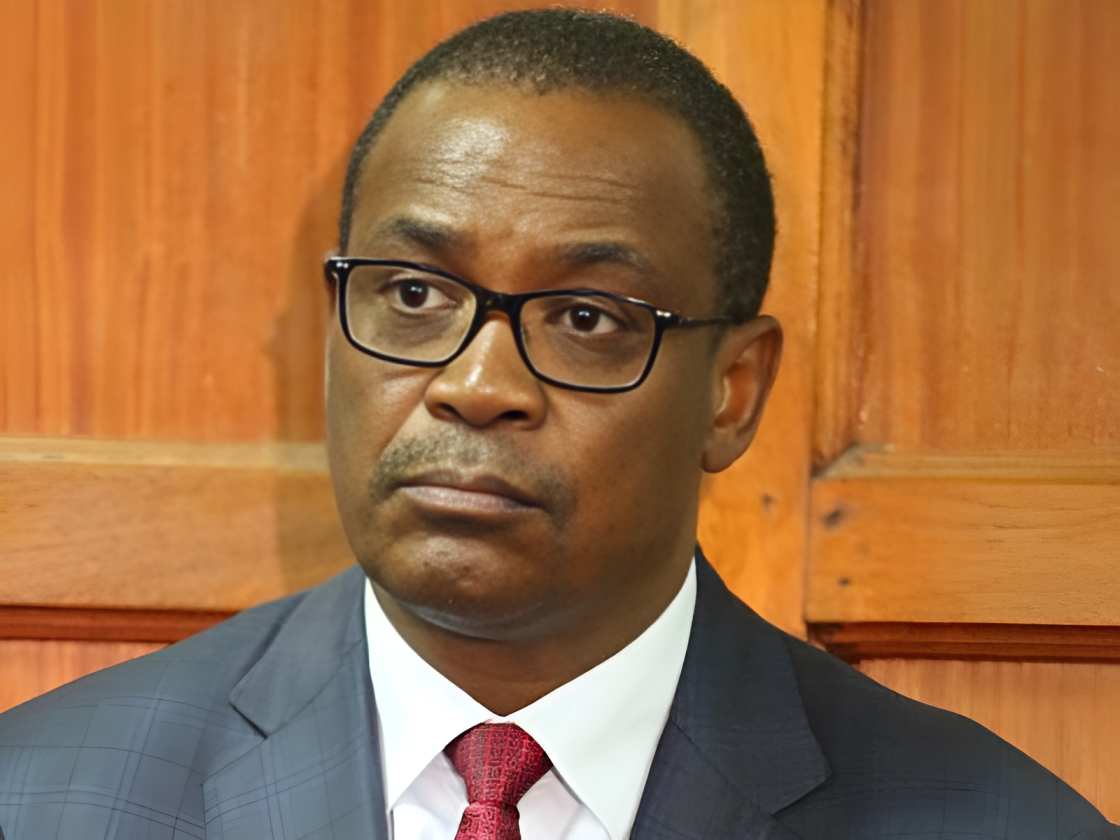Former Nairobi Governor Evans Kidero has suffered a legal setback in his ongoing corruption case after the court ruled that the Ethics and Anti-Corruption Commission (EACC) could use bank documents as evidence in the case against him.
The documents link Kidero to the loss of Sh58 million from the Nairobi City Hall accounts.
On Friday, Justice Lucy Njuguna rejected Kidero’s attempt to block the EACC from presenting the bank statements in court.
The judge ruled that there was no valid reason to prevent the production of the bank records, which had been lawfully procured by the EACC investigator, Mulki Umar.
Kidero's lawyers had argued that the bank statements should only be presented by a bank official, as the investigator was not the person who created the documents.
They also claimed that the warrants obtained for the investigation only allowed the EACC to inspect and make copies of the documents, not to present them in court.
However, the judge dismissed these objections, ruling that the investigating officer was competent to produce the documents.
"Where bank books have been lawfully procured and the chain of command is not broken, there is no prejudice in the production of the same by the investigating officer. In any event, Kidero, in his statement, has admitted having received the money. He has not disputed any entry in the bank statement that is in issue," said Justice Njuguna.
The EACC’s evidence includes bank account opening forms, bank statements, mandate cards, and relevant banker's books, all of which were seized during the investigation into the scandal.
Kidero, in his own witness statement, had admitted to receiving Sh14.4 million from Cups Limited, one of the companies involved in the case.
Umar, the EACC investigator, was responsible for gathering evidence linking Kidero and 13 other individuals, including Nyakach MP Aduma Joshua Owuor, to the misappropriation of funds from the City Hall in January 2014.
In a significant ruling, Justice Njuguna upheld the validity of the documents, despite objections from Kidero’s legal team.
The judge emphasized that the investigator was authorized to present the bank statements, as the evidence had been collected under valid warrants and she had interacted with the documents during the course of the investigation.
"The documents sought to be produced are bank statements. The witness was the investigating officer in this case, and there is evidence on record that the EACC obtained warrants to investigate bank accounts, and the same were furnished to her by the banks," said the judge.
Earlier in the case, the court had blocked the investigator from presenting a certificate of electronic evidence showing how the bank documents were processed.
Justice Njuguna noted that such a certificate could only be produced by the person who made or examined the document.
Kidero’s case stems from an investigation into the siphoning of Sh58 million from Nairobi County's funds in 2014.
The matter was first filed in 2021, and it remains under investigation as more evidence is being introduced.
Despite Kidero's legal challenges, the case continues, and the court's ruling has dealt a significant blow to his efforts to avoid the presentation of the bank records.

